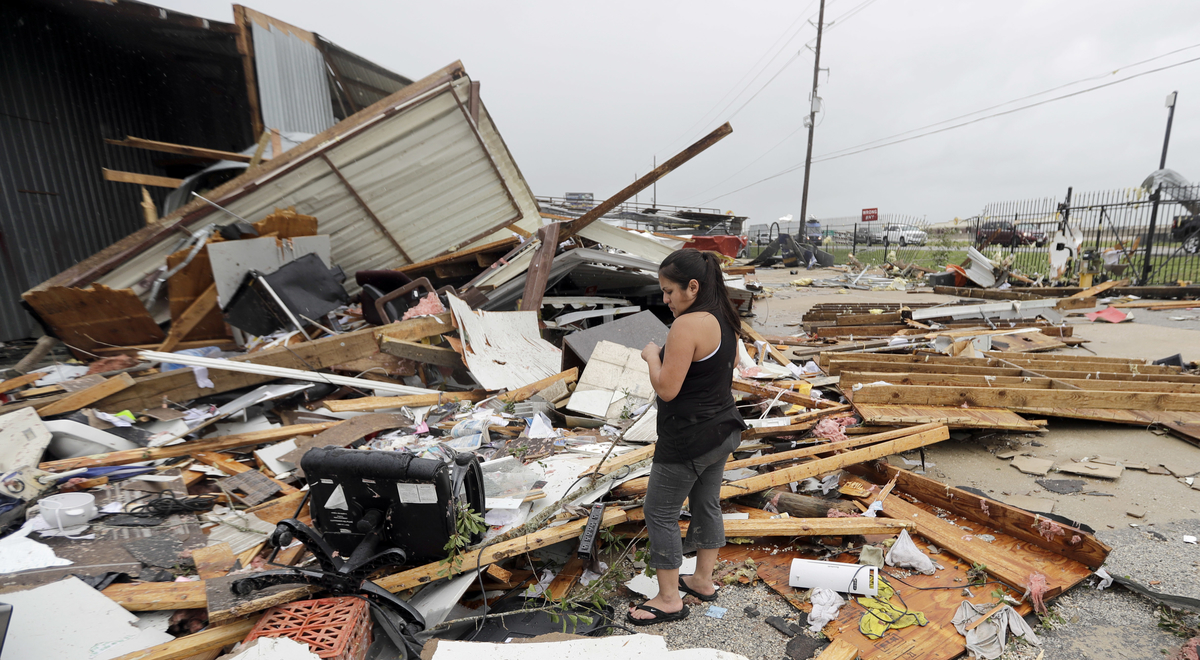The heroism, self-sacrifice, and hardship that have surfaced during and after Hurricane Harvey unfortunately do not come without unscrupulous attempts to prey on flood victims and their supporters in their most vulnerable moments.
Videos by Rare
Reports claim scam artists are using “robo-calls” to target homeowners regarding their flood insurance. These calls tell the homeowners they must pay their premiums immediately or risk losing their insurance.
Many banks require homeowners to be current on their flood insurance if they have purchased a home in a flood-prone area, so this method targets the most susceptible homeowners.
RELATED: Better Business Bureau warns against latest cell phone scam
In the aftermath of the storm, many homeowners will rely on contractors to carry out much-needed home repairs. Some groups may pose as contractors and present a contract for them to sign.
The desperate homeowner could sign a bid worth thousands of dollars more than the job is worth. Others could inadvertently sign over their FEMA aid payments to these so-called contractors.
In many cases, the groups posing as contractors arrive on site, receive a payment, and disappear without a trace.
Saundra Brown, an attorney who handles disaster response for Lone Star Legal Aid in Houston, advised homeowners on how to avoid scam artists.
“Don’t hire anyone you don’t trust. Always get it in writing. Always get a personal reference. Be hypervigilant now.”
RELATED: An officer returns an IRS scammer’s call after he is threatened with arrest
In the wake of a disaster, many scammers will also pose as charities. The U.S. Federal Trade Commission has advice for those seeking to put their charitable donations to the best use and avoid con artists.
- Always pay by check or money order. Never give cash.
- Know where your money is going. Give only to charities that can verify that your donation will go to flood victims.
- Be careful of opening attachments to emails. These files may contain viruses or tools to steal your identity.
- Verify any crowdfunding campaigns. The crowdfunding site GoFundMe has a page that lists verified charities.
- Report suspicious groups. You can inform the Better Business Bureau about fake charities and prevent others from falling for scams.



